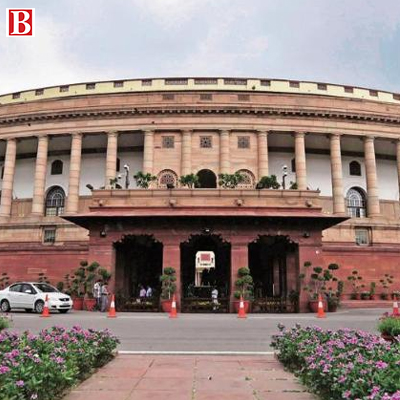On Monday, the Lok Sabha passed a bill designating six institutes of pharmaceutical education and research as institutes of national importance and establishing a council to oversee the development of pharmaceutical education and research.
On Monday, the Lok Sabha passed a bill designating six institutes of pharmaceutical education and research as institutes of national importance and establishing a council to oversee the development of pharmaceutical education and research.
Mansukh Mandaviya, the Minister of Health, spoke in response to the National Institute of Pharmaceutical Education and Research (Amendment) Bill, 2021.

The bill aims to alter the National Institute of Pharmaceutical Education and Research Act of 1998, which designated NIPER in Mohali, Punjab, as a national institute.
In 2007, the Act was revised to allow the Central Government to construct comparable national institutes across the country, and six more institutes were opened in 2007-08 in Ahmedabad, Guwahati, Hajipur, Hyderabad, Kolkata, and Raebareli.
Every institute formed after the commencement of the National Institute of Pharmaceutical Education and Research (Amendment) Act, 2021 will be considered a national institution, according to the bill.
The law aims to reduce the size of each institute’s board of governors from 23 to 12 members, as well as expand the scope and number of courses offered, including graduate and post-graduate degrees, doctoral and post-doctoral distinctions, and research in pharmaceutical education.















